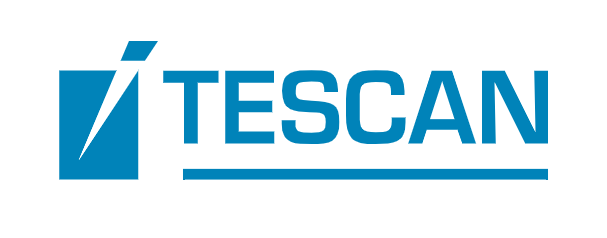Speaker
Description
The recharge from the soil to the groundwater is a crucial variable to simulate time-variable groundwater levels and gradients at a catchment scale. Although essential for groundwater modelling, no direct measurement methods are available. One way to estimate this variable is to calculate it from time-series of atmospheric boundary conditions (precipitation, potential evaporation) for specific soil types, land uses, and ground water depths. In this study, we pre-calculated monthly and seasonally recharge rates as a function of three parameters for an area in Northern Belgium. Soil type and land use were inferred from geographic information systems. Soil hydraulic properties were derived from soil textural information for a soil information system (AARDEWERK) using pedotransfer functions. Vegetation parameters were taken from the literature. Recharge values were calculated using the HYDRUS-1D model with time-series of daily atmospheric input data for a period of 20 y. A series of models were ran for each soil-type/land use combinations with the fixed groundwater level type bottom boundary with depth in a range between 5 and 200 cm. Next, monthly recharge values were obtained for the complete period for each calculated ground water level. In additions, a future climate time series of atmospheric input data was obtained by applying monthly correction factors derived from a regional climate model (Ntegeka et al., 2008). Resulting look-up table with soil-type, land-use and groundwater depth combinations served as an input to a MODFLOW model recharge (RCH) and evapotranspiration (EVT) package to simulate transient ground water levels and fluxes at the current and future climate. We shortly discuss our MCMC calibration to ground water level and fluxes, validation and water budgets for current and future climate conditions.
References
Ntegeka V., Baguis P., Boukhris O., Willems P., Roulin E., 2008. “Climate change impact on hydrological extremes along rivers and urban drainage systems. II. Study of rainfall and ETo climate change scenarios”, Belgian Science Policy – SSD Research Programme, Technical report CCI-HYDR project by K.U.Leuven – Hydraulics Section & Royal Meteorological Institute of Belgium, May 2008, 112 p
| Time Block Preference | Time Block A (09:00-12:00 CET) |
|---|---|
| Acceptance of Terms and Conditions | Click here to agree |






